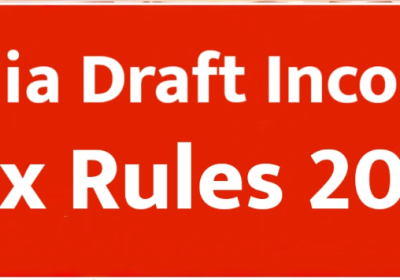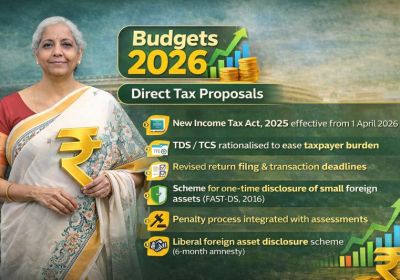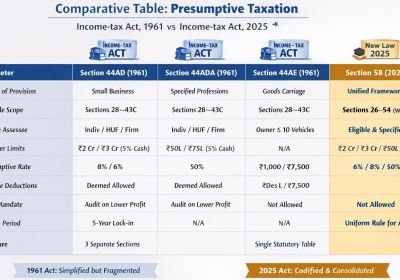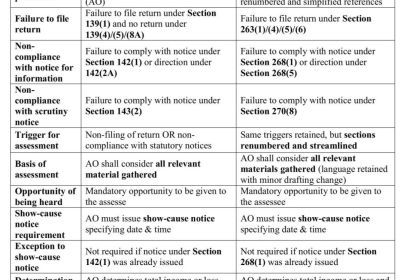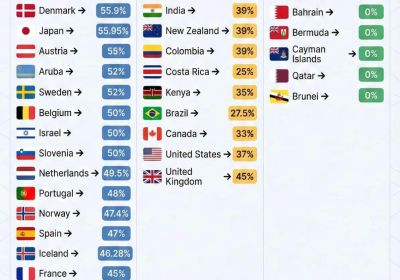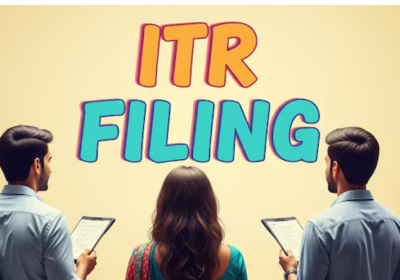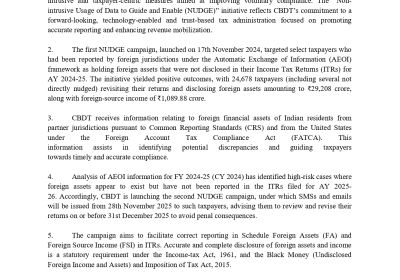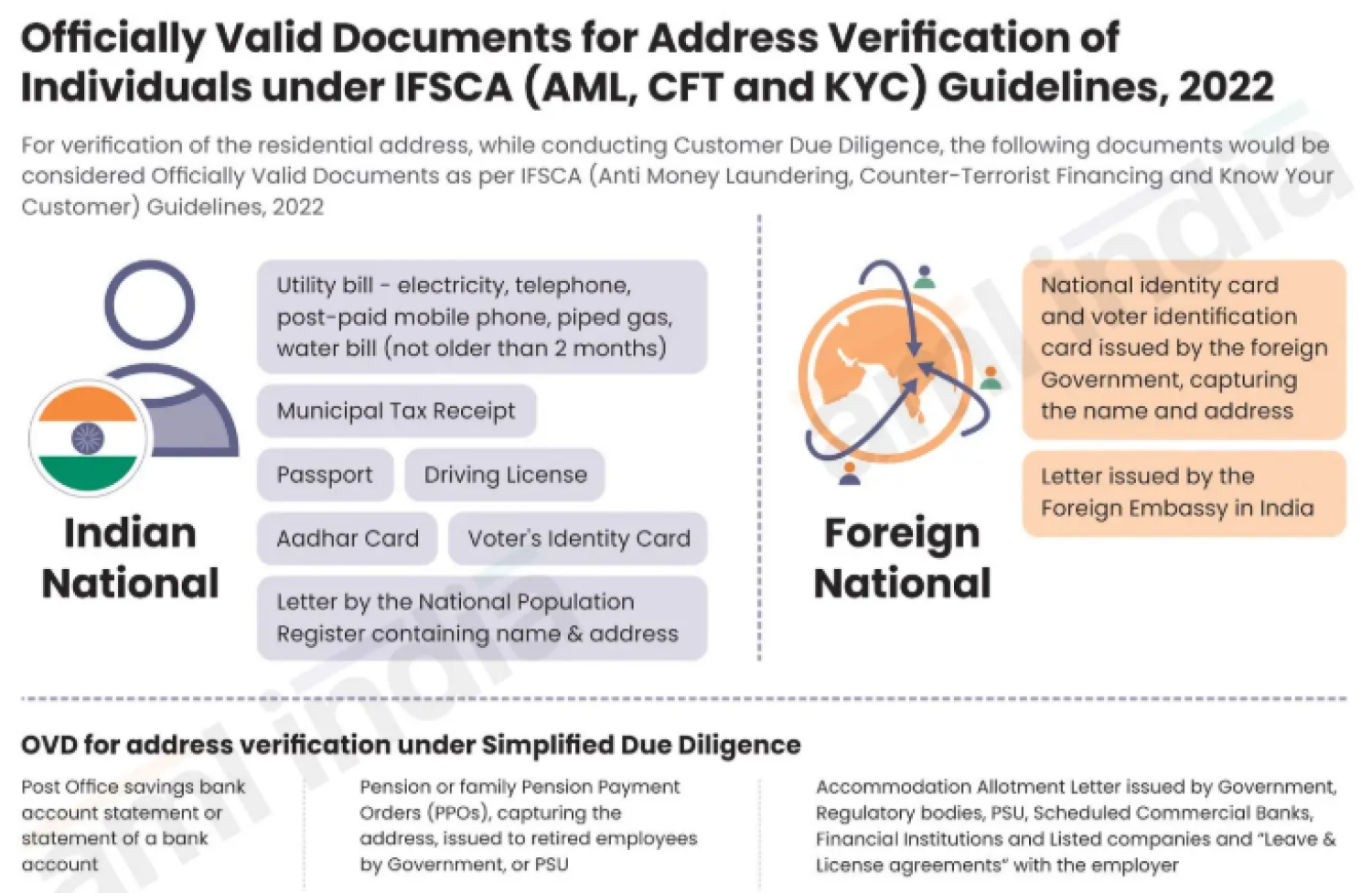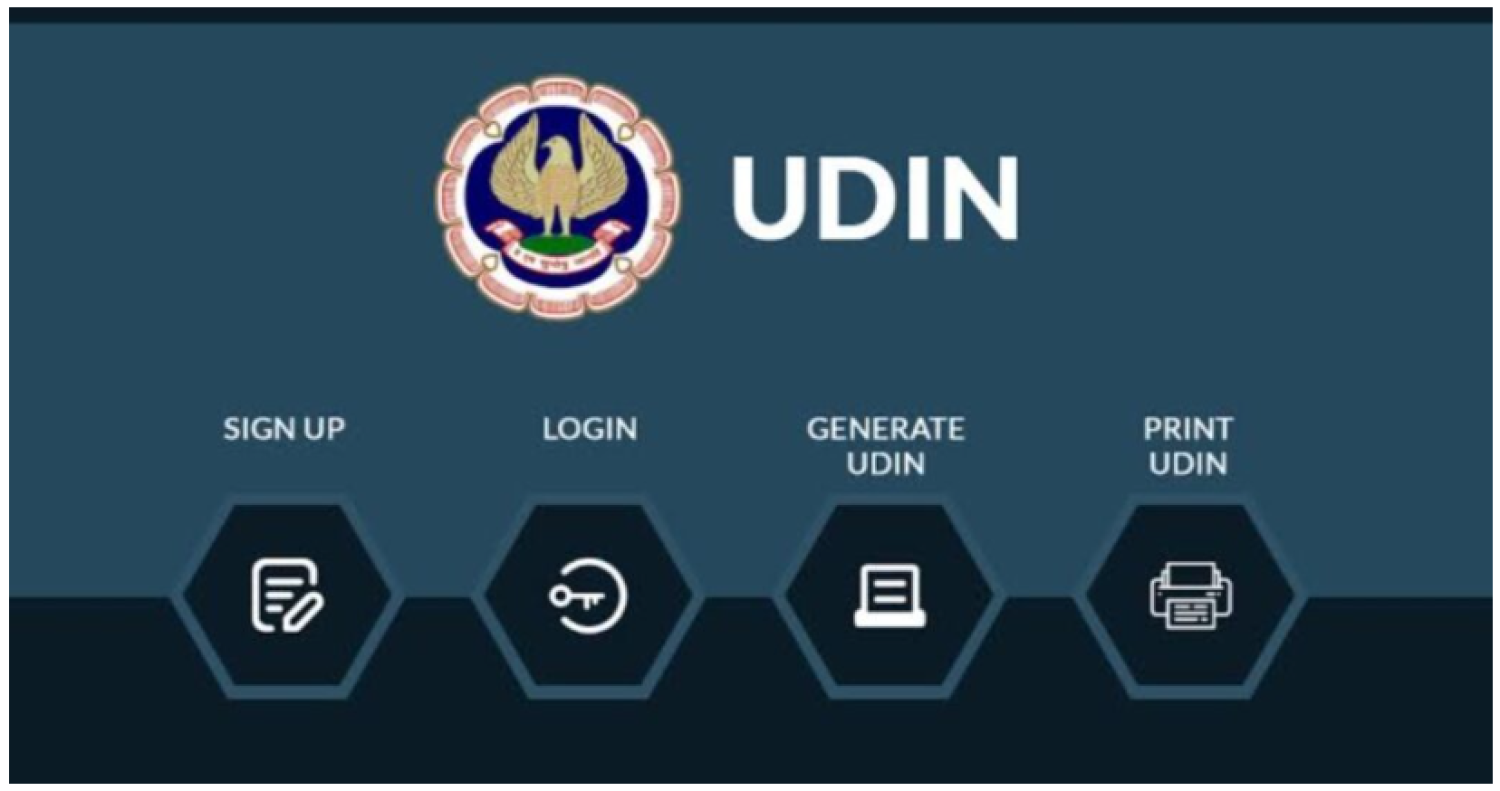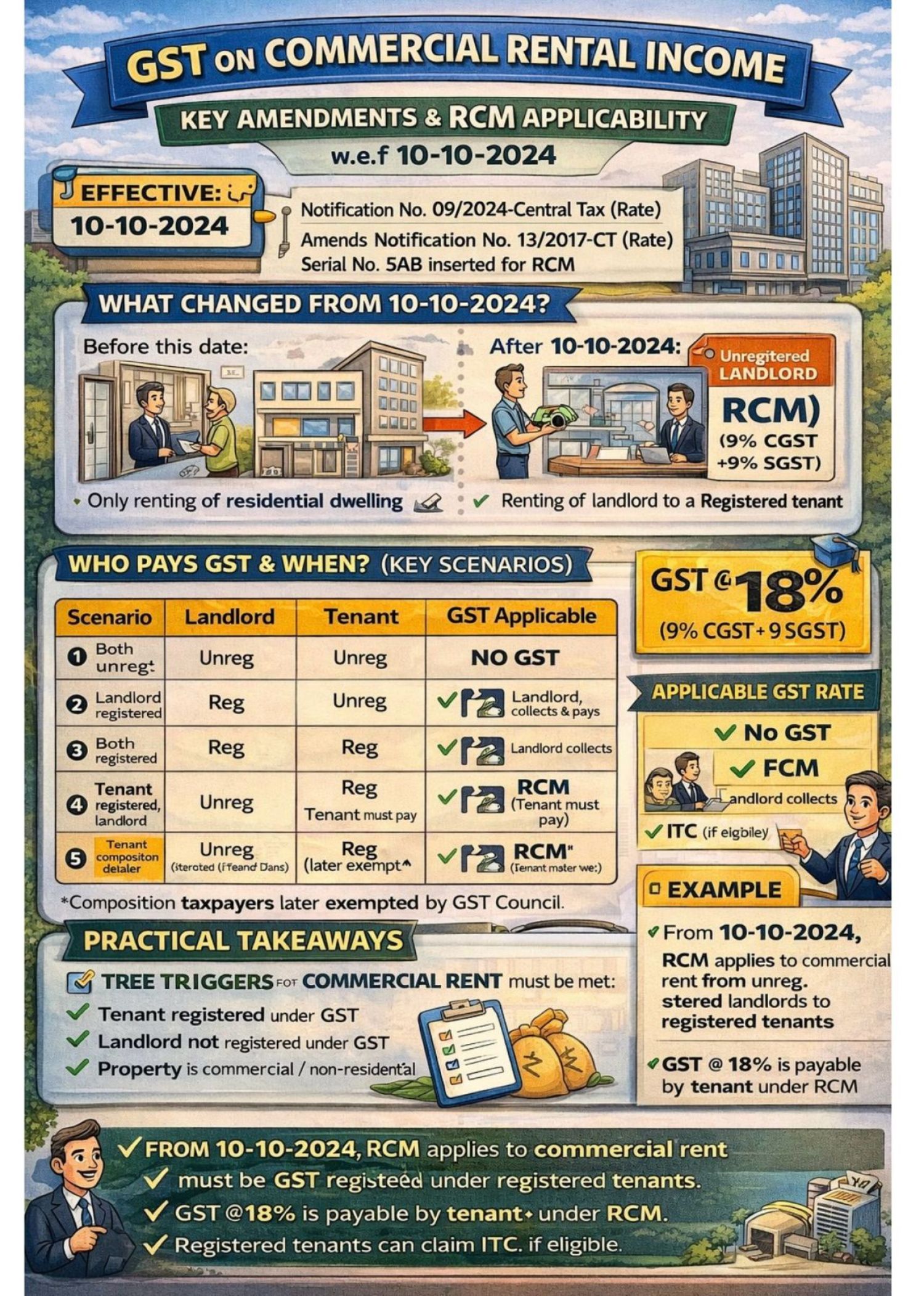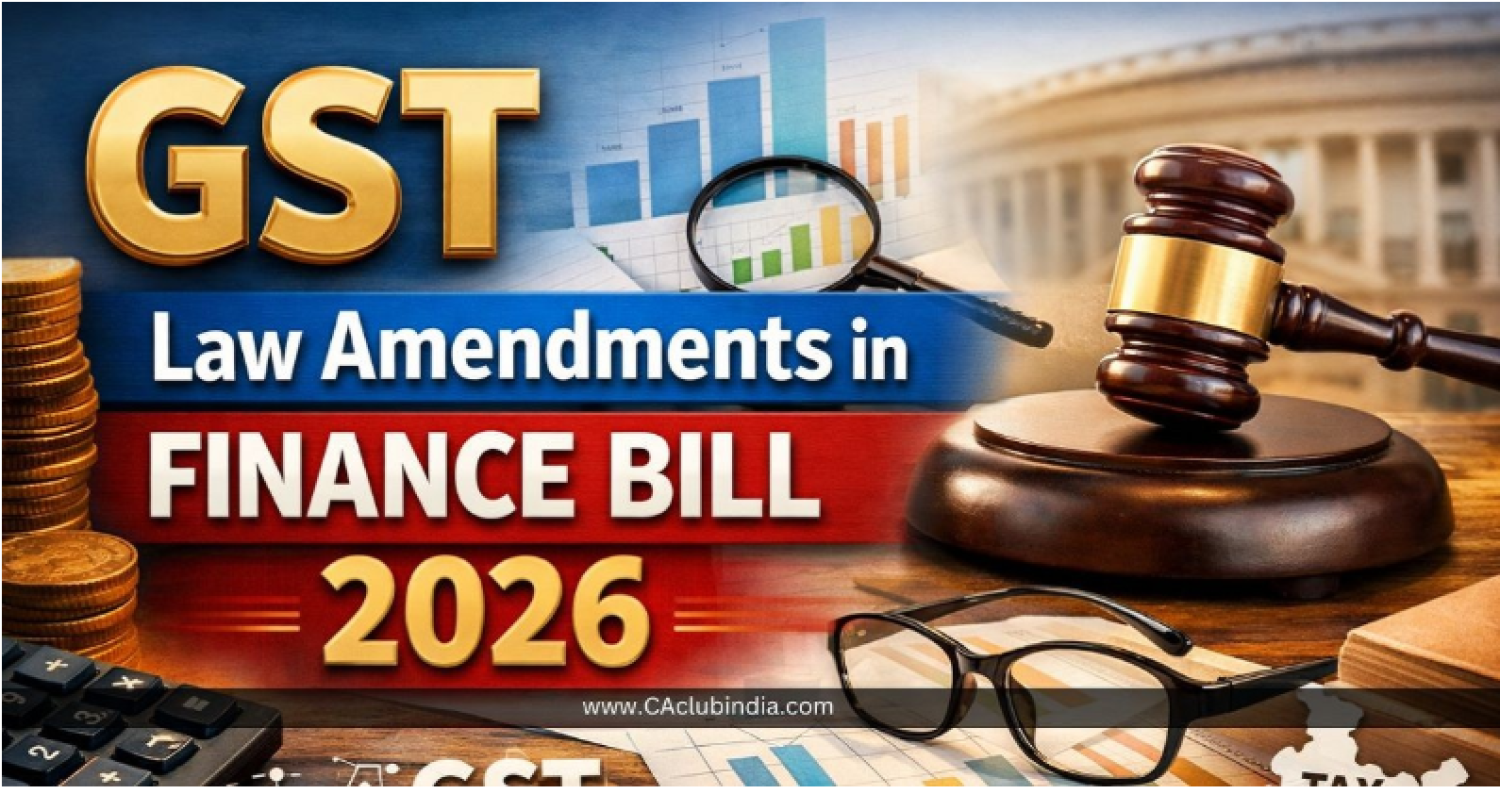Table of Contents
- Cbdt Issues Guidelines For Tds And Notifies Manner Of Computing ‘net Winnings
- Section 115bbj – Tax On Income From Online Gaming :
- Cbdt Guidelines Highlights- Practical Implications- For Gaming Companies
- Section 194ba – Tds On Winnings From Online Gaming
- Key Differences Vs Earlier Rule 194b
- Quick Comparison: Section 115bbj Vs 194ba
- Comparison – Old Vs New Tax Provisions
- Frequently Asked Questions
- Taxation Compliance For Gamers Reporting For Individuals :
- Tds Applicability On Purchase Of International Gaming Vouchers

CBDT issues guidelines for TDS and notifies manner of computing ‘net winnings
Online gaming: CBDT issues guidelines for TDS and notifies manner of computing ‘net winnings. Here are the key highlights Finance Act 2023 introduced in two section mention here under :
- Section 115BBJ: Tax on income from online gaming.
- Section 194BA: TDS on winnings from online gaming.
Section 115BBJ – Tax on Income from Online Gaming :
Section 115BBJ was introduced by the Finance Act, 2023 to specifically tax income earned from online gaming by users. This section applies from Assessment Year 2024–25 (FY 2023–24 onwards). Objective of Section 115BBJ is to create a uniform tax framework for winnings from Online gaming apps; Fantasy sports; E-sports; Online card/board games; Digital betting-type games; Casinos in digital form; Any game played on the internet with monetary reward. This provision works together with Section 194BA (TDS on net winnings).
Tax Rate Under Section 115BBJ : Flat Tax @ 30% on net winnings. This rate applies irrespective of Taxpayer’s income slab, Whether the game is skill-based or chance-based & Resident or non-resident status. Surcharge and cess apply as per normal rules.
What Is Taxable Under Section 115BBJ? : All income from online gaming, including Cash winnings; Bonus / promotional credits withdrawn; Vouchers redeemed; Coins converted to cash; Gifts, prizes, or merchandise won and encashed; Referral rewards (if convertible to money); Any withdrawal from the gaming platform wallet representing winnings
What Are “Net Winnings”? : Net winnings = Amount withdrawn – Deposits made + Opening balance (as per Rule 133). This ensures taxation only on actual winnings, not deposits made by the user.
- Taxable Deposit": Includes all deposits made by the user in any form (cash, kind, bonus, etc.).
- "Non-Taxable Deposit": Includes money received from the OGP in the user's account, such as bonuses, referral bonuses, and incentives.
- Threshold: There is no minimum threshold for TDS deduction on net winnings from online gaming, meaning all net winnings are subject to the 30% tax .
Section 115BBJ Scope: Applies to income from online gaming, whether received in cash or kind. Tax Rate is Flat 30% (plus applicable surcharge and cess) on net winnings from online games. No basic exemption limit or deductions allowed. Computation of Net Winnings:
As per Rule 133, Where:
- A = Aggregate withdrawals during the financial year
- B = Aggregate non-taxable deposits during the year
- C = Opening balance in the user account
- D = Closing balance in the user account
CBDT Guidelines clarify compliance and computation of “net winnings.” Rule 133 of Income-tax Rules prescribes the mechanism for computing net winnings. Important Guidelines related to Computation of Net Winnings are mention here under :
- For FY:
Where:- A = Aggregate withdrawals during FY
- B = Non-taxable deposits during FY
- C = Opening balance
- D = Closing balance
- For first withdrawal:
- For subsequent withdrawals:
(E = prior winnings already taxed)
Applicability for Residents & Non-Residents: Resident users: taxed at 30%. Non-resident users: taxed at 30% + surcharge + cess. No benefit under DTAA as gaming winnings are treated as income from other sources, not business income.
Disallowance of Deductions : Under Section 115BBJ
- No deduction allowed for expenses
- No set-off of losses from other sources
- No carry-forward of losses
- No Chapter VI-A deductions (like 80C, 80D)
- No basic exemption benefit
- Tax must be paid strictly @30% on winnings.
TDS Link – Section 194BA: Section 115BBJ determines how the income is taxed. Section 194BA determines how TDS is deducted. TDS is deducted at 30%. At the time of withdrawal or at year-end, TDS credit appears in Form 26AS, Final tax computed under Section 115BBJ in the user’s ITR.
CBDT Guidelines Highlights- Practical Implications- for Gaming Companies
For Users : All winnings taxable at 30%. It Cannot reduce tax by showing losses or expenses, TDS auto-deducted by gaming platform.
For Online Gaming Companies : Must track net winnings for each user, Must deduct and deposit TDS on each withdrawal, File GSTR 5A (for NR OIDAR), TDS returns (26Q/27Q), Maintain detailed user account ledger, Ensure compliance with Rule 133.
Multiple Wallets: Aggregate all user accounts; transfers within same platform are ignored. Aggregate all user accounts for computing net winnings. Transfers within same platform are not withdrawals; across platforms may be treated as withdrawals. Platforms must track multiple wallets and aggregate user accounts.
Bonuses/Incentives: Withdrawable bonuses count as taxable deposits; non-withdrawable credits are excluded. Withdrawable bonuses = taxable deposits; non-withdrawable credits ignored until recharacterized. Treatment of Bonuses & Incentives
- Withdrawable bonuses = taxable deposits.
- Non-withdrawable gaming credits = excluded.
- Tax Treatment of Bonuses & Incentives : Joining Bonus / Referral Bonus : Not treated as “winnings” immediately, Treated as taxable deposits under Rule 133. They increase the ledger balance and Taxed at 30% only when withdrawn as part of net winnings. TDS applies under Section 194BA
Winnings in Kind: Deductor must ensure tax payment before releasing items; valuation based on FMV (excluding GST). Any transfer from UA to external account or issuance of coupons/items in kind counts as withdrawal. Deductor must ensure tax payment before releasing winnings. Valuation based on fair market value (excluding GST). Tax must be paid before releasing items or coupons
Insignificant Withdrawals : No TDS if net winnings ≤ INR 100/month, subject to conditions. i.e. Small Withdrawals then No TDS if net winnings ≤ INR 100/month, subject to conditions.
Online gaming companies must integrate these rules for TDS compliance. Deductors bear responsibility for accurate computation and timely tax deduction
Section 194BA – TDS on Winnings from Online Gaming
Section 194BA was introduced to bring clarity and uniformity in taxation of winnings from online gaming, including games of skill, games of chance, e-sports, fantasy sports, card games, betting-style formats, and any online gaming platforms.
What is covered under Section 194BA? : TDS applies on net winnings from Online gaming platforms; Gaming apps; Fantasy sports; Online competitions; E-sports tournaments; Virtual casinos / betting games, and Any digital/online game offering monetary rewards
Who must deduct TDS? : The online gaming platform (gaming intermediary) must deduct TDS at the time of Withdrawal of winnings by user OR At the end of the financial year, whichever is earlier. TDS is NOT deducted by the user. It is deducted by the platform operator.
TDS Rate Under Section 194BA : Flat TDS @ 30% (on net winnings) + Plus applicable surcharge & cess (for non-residents).
What are “Net Winnings”? : Net Winnings = Total Withdrawals – Total Deposits + Opening balance.
The platform must maintain a user account ledger to compute net winnings accurately.
When is TDS Deducted: TDS is deducted:
- At the time of each withdrawal : If the user withdraws INR 5,000, TDS applies on the entire net winnings, not just on the withdrawal.
- At the end of the financial year : Even if there is no withdrawal, the platform must compute net winnings on 31st March and deduct TDS. There is NO exemption limit under Section 194BA. Even INR 1 winnings are taxable.
Responsibility of Gaming Platforms : Platforms must Deduct TDS @30%; File TDS returns (Form 26Q / 27Q for NR); Issue certificates to users; Maintain audit trail of deposits, winnings, bonuses, withdrawals ; Ensure bonus credits, referral rewards, coupons, and coins are correctly valued
For Non-Resident Users : TDS rate remains 30% plus surcharge + cess. DTAA does not generally reduce the rate, as gaming winnings are treated as income from other sources, not business income.
Key Differences vs Earlier Rule 194B
|
Particulars |
Section 194B (Lottery/Betting) |
Section 194BA (Online Gaming) |
|---|---|---|
|
Applicable to |
Lottery, gambling, betting |
Online gaming platforms |
|
Threshold |
10,000 |
No threshold |
|
On which amount? |
Prize amount |
Net winnings |
|
When deducted? |
At payment of prize |
At withdrawal or year-end |
Quick Comparison: Section 115BBJ vs 194BA
|
Particulars |
Section 115BBJ |
Section 194BA |
|---|---|---|
|
Nature |
Income tax provision |
TDS deduction provision |
|
Who pays? |
The user (taxpayer) |
Gaming platform deducts tax |
|
Rate |
30% |
30% |
|
Basis |
Net winnings |
Net winnings at withdrawal/year-end |
Section 115BBJ mandates a flat 30% tax on all income from online gaming, without any deductions, set-off, or exemptions.
Section 194BA : imposes TDS @ 30% on net winnings from online gaming. Deduction happens at withdrawal or year-end. There is no minimum limit, and the responsibility lies entirely with the gaming platform.
TDS under Section 194BA: Deducted at the time of withdrawal and at year-end. Or Rate: 30% on net winnings.
Compliance for Online Gaming Companies: Platforms must Implement real-time TDS calculation; Maintain wallet-level ledger; Track user deposits, winnings, bonuses separately; Deduct TDS before allowing cash withdrawal; Deposit TDS within statutory deadlines; File quarterly TDS returns; Issue Form 16A to users. Deductors must maintain detailed records of deposits, withdrawals, and bonuses. Form 26Q for reporting winnings in kind.
Practical Implications for Platforms: Maintain detailed records of deposits, withdrawals, and bonuses. Apply Rule 133 formulas for accurate computation. Ensure TDS compliance and reporting in Form 26Q for winnings in kind.
Comparison – Old vs New Tax Provisions
|
Particulars |
Old Provisions (115BB, 194B) |
New Provisions (115BBJ, 194BA) |
|---|---|---|
|
Applicability |
Lottery, gambling, betting |
Online gaming |
|
Threshold for TDS |
₹10,000 |
No threshold |
|
TDS timing |
At time of payout |
Withdrawal or year-end |
|
Effective till |
31 Mar 2023 |
1 Apr 2023 onward |
|
TDS effective till |
30 Jun 2023 |
1 Jul 2023 onward |
|
Tax rate |
30% |
30% |
|
Basis of tax |
Gross winnings |
Net winnings (Rule 133) |
|
Winnings in kind |
Tax must be paid before release |
Platform must ensure tax payment before release |
|
Expenses allowed |
None |
None |
Frequently Asked Questions
Q1. Can losses from one game be set off against winnings from another?
Ans. Under Section 115BBJ: No set-off allowed while computing net winnings. But the IT Act does not expressly prohibit set-off of current-year losses between heads. Losses cannot be carried forward.
Q2. Can expenses incurred for playing be claimed as deduction?
Ans. No. Section 58(4) disallows all expenses relating to winnings from games, puzzles, betting, lotteries, races, etc.
Q3. Is TDS applicable to online gaming?
Ans. Yes. Under Section 194BA, platforms must deduct TDS @ 30% on net winnings, at Withdrawal, or Year-end (31 March), whichever is earlier.
Taxation Compliance for Gamers reporting for individuals :
Reporting in Income Tax Return : Even if TDS is deducted, the income must be reported. Compliance for Gamers Report winnings under ‘Income from Other Sources’ in ITR. Winings from online games must be shown under “Income from Other Sources” & Sub-category: Online Gaming Winnings – Section 115BBJ. No deductions or exemptions allowed. Even bonuses, referral incentives, and promotional credits (if withdrawable) are taxable. Gaming Tournaments Taxability
- Cash or Gift Prizes: Treated as winnings from online gaming; Taxable 30% under Section 115BBJ
- Merchandise for Professionals: Taxable under “Profits & Gains from Business/Profession”, regardless of value.
- Merchandise for non-professionals: Taxable under Section 56(2) IF aggregate value > INR 50,000.
- All bonuses and referral incentives are treated as taxable deposits, not exempt gifts. Anyone earning income cash, vouchers, bonuses, merchandise from online gaming must Report it in the ITR & Pay 30% tax (Section 115BBJ) and Ensure TDS credit (Section 194BA) is reflected in Form 26AS/ AIS
TDS applicability on purchase of International Gaming Vouchers
When an Indian company purchases international gaming vouchers to issue to its customers
TDS applicability on purchase of International Gaming Vouchers : To answer this, we need to first identify the nature of the transaction. When a business in India purchases goods (vouchers/codes) from a foreign supplier. If your client is buying gaming vouchers from an overseas entity and reselling or issuing them to customers in India, then The vouchers are treated as goods/digital goods, not services. & Payment is made to a non-resident.
TDS on International Payment for Vouchers (Actionable Claims) :
Under Income-tax Act (Section 195 – Payment to Non-Resident) TDS under section 195 applies only when the payment to a non-resident is chargeable to tax in India. Actionable claims such as vouchers/coupons are not considered 'goods' or 'services' for income-tax purposes, and the non-resident is simply selling a prepaid instrument with no service component in India. Therefore: No TDS is deductible u/s 195, if The supplier is outside India, The vouchers are issued and delivered outside India, No service is provided in India, and The non-resident does not have a PE (Permanent Establishment) in India. In this case, the nature of income is business income of the non-resident earned outside India, not taxable in India → No TDS.
Many companies importing Amazon, Google Play, and other gift cards follow the same principle.
When an Indian company purchases international gaming vouchers to issue to its customers, two key tax provisions under the Income Tax Act are relevant: Tax Collected at Source (TCS) on foreign remittances and Tax Deducted at Source (TDS) on the value of the vouchers issued to customers.
TDS under Income Tax Act Section 195 : First of all, we needed to to check the section 195 applicability : TDS under Section 195 is required only when the payment to a non-resident is chargeable to tax in India.
In this case The foreign supplier is simply selling digital vouchers. The income of the foreign supplier is NOT taxable in India, because They have no business connection / PE (Permanent Establishment) in India. It is a simple purchase of goods, not a service. The transaction is offshore. Therefore, NO TDS is required under Section 195.
This view is supported by Supreme Court judgment in Toshoku Ltd. purchase of goods from outside India is not taxable in India & Multiple AAR rulings that treat online vouchers as import of goods, not taxable service. BUT Two Exceptions Where TDS May Apply
- If foreign company provides any service: If the foreign supplier provides online gaming platform services / subscription / software services, then it may fall under Royalty, FTS (Fee for Technical Services). In such cases, TDS may apply @10% or DTAA rate.
- If payment passes through a payment gateway Section 194-O. This section applies to e-commerce operators. However, If your client is directly purchasing from a foreign company, And not via an Indian e-commerce marketplace
- Section 194-O does not apply. While TDS is not required, GST may apply If foreign supplier is unregistered, then Import of Goods applies & IGST may be payable under reverse charge, depending on voucher classification
- But this is GST compliance, not Income Tax TDS.
1. Tax Collected at Source (TCS) on Foreign Remittance : The initial purchase of international gaming vouchers involves an outward foreign currency remittance by the Indian company to a non-resident entity. Such transactions generally fall under the Liberalised Remittance Scheme (LRS) of the Reserve Bank of India (RBI) and are subject to TCS provisions.
- Applicable Section 206C(1H) read with LRS guidelines. A TCS rate of 20% is applicable on the amount exceeding a threshold of INR 10 lakhs in a financial year for "all other purposes" (which includes the purchase of these vouchers). The TCS is only collected on the amount remitted above INR 10 lakhs in a financial year. The TCS collected can be claimed as a credit against the company's final income tax liability when filing its Income Tax Return (ITR).
Tax Deducted at Source (TDS) on Issuance to Customers : When the Indian company issues these gaming vouchers (a benefit or perquisite) to its customers, this transaction is subject to TDS in the hands of the recipient (customer).
- Section 194R of the Income Tax Act. On Nature of Transaction. The issuance of a voucher, even if in kind, is considered a benefit or perquisite provided in the course of business or profession. Rate of TDS applicable on company is deduct TDS at the rate of 10% of the value (fair market value or the purchase price, whichever is applicable) of the voucher. This TDS is applicable if the aggregate value of such benefits or perquisites provided to a single recipient exceeds INR 20,000 in a financial year.
- Compliance for "in-kind" benefits: If the benefit is wholly in kind (e.g., a non-cash redeemable voucher), the company providing the benefit must ensure the recipient pays the TDS amount before releasing the voucher.
|
Obligation |
Transaction |
Applicable Section |
Rate |
Threshold |
|
TCS |
Outward remittance for purchasing international vouchers |
206C(1H) (LRS) |
20% |
On amount above INR 10 lakhs annually |
|
TDS |
Issuing vouchers to customers |
194R |
10% |
On aggregate value above INR 20,000 annually per recipient |
GST Impact on Import of Vouchers (Actionable Claims)
Under GST Law: Actionable claims are excluded from the definition of goods (Section 2(52)) and services (Section 2(102)). Only actionable claims related to betting, gambling, and lottery are taxable. Gift vouchers / gaming top-up vouchers are NOT taxable actionable claims. Therefore: No GST on purchase of vouchers from abroad. No RCM applicable (because this is not “import of services”).
Why It Is NOT Considered ‘Import of Services : Import of services requires Supplier outside India – Yes; Recipient in India – Yes Service provided – No service provided; Payment made – Yes. Since vouchers (actionable claims) are not services, Condition 3 fails → RCM does not apply.
Important Compliance Step
- To be safe during audit Obtain from foreign supplier. confirmation letter stating: Nature of product: “actionable claim – prepaid gaming voucher” “No service is provided in India” “Supplier does not have a PE in India”
- Maintain internal documentation:Purchase contract/PO, Screenshot/specification of voucher, Payment remittance copy, Accounting memo classifying purchase as “actionable claim – no GST/RCM”
- No TDS is applicable on international purchase of gaming vouchers/coupons classified as actionable claims. No GST is applicable (neither forward charge nor RCM). The transaction is treated as purchase of an actionable claim, not goods or services.

